Exploring the Possibilities of Mineral Processing Partnerships in Ghana
Exploring the Possibilities of Mineral Processing Partnerships in Ghana
Ghana is a rich and vibrant country, home to vast mineral resources and a diverse population. As such, it has the potential to become a leader in mineral processing and technology, which is why exploring the possibility of mineral processing partnerships in Ghana is an exciting prospect. Ghana has already become a top destination for minerals such as gold, manganese, and bauxite, and the country is well-positioned to capitalize on the growing demand for these resources. With the right partnerships in place, Ghana could leverage its resources to become a major player in the global mineral processing industry. By creating strategic partnerships with international companies, Ghana could benefit from the latest technologies and best practices, as well as access to the global market. With the right incentives in place, Ghana could attract the best and brightest minds in the industry and establish itself as a leader in mineral processing.
Mineral Resources of Ghana
Ghana’s mineral resources are diverse and plentiful, enabling the country to become a major player in the global mineral processing industry. Ghana has large reserves of gold, manganese, bauxite, and iron ore, and potential deposits of diamonds, uranium, and rare earth elements. Gold is the most valuable mineral in Ghana, followed by manganese, bauxite, and iron ore. There are also significant deposits of ilmenite, zircon, and rutile, which are the primary minerals used to produce titanium oxide. Overall, the mineral resources of Ghana are estimated to be worth around $60 billion. The gold resources of Ghana are also believed to be the third-largest in the world, behind only those of Australia and South Africa.
Benefits of Mineral Processing Partnerships
To unlock the full potential of mineral resources in Ghana, the country must pursue mineral processing partnerships and invest in state-of-the-art technologies. Mineral processing partnerships will enable Ghana to benefit from the latest technologies, best practices, and global expertise. Furthermore, partnerships would provide access to the global market, which is crucial to the success of mineral processing in Ghana. Partnerships would also create jobs and generate revenue for the country, as well as improve the livelihoods of local residents. Additionally, partnerships would position Ghana as a major player in the mineral processing industry, which would have positive implications for the country’s overall economy. Mineral processing partnerships could also transform Ghana into a hub for mineral technology and innovation, attracting talent and investment.
Challenges to Mineral Processing Partnerships
With the right incentives in place, Ghana could become a top destination for mineral processing partnerships, but progress has been slow in this area. To date, the country has only established a few partnerships in the mineral processing industry. Mining companies are often hesitant to pursue partnerships because of the associated legal and regulatory challenges. In particular, the Ghanaian government has made inconsistent efforts to create a favorable environment for partnerships, which has resulted in a lack of trust from the international business community. In order to attract mineral processing partnerships, Ghana must create an attractive legal and regulatory environment. Specifically, the government must enact mineral processing laws and regulations, including mining laws and fiscal terms, and establish a trustworthy regulatory system.
Strategies for Attracting Mineral Processing Partners
To attract mineral processing partnerships, Ghana must create the right incentives. The country has already made strides in this area, making significant progress toward enacting mineral processing laws and regulations. Specifically, the government has drafted the Minerals and Mining Bill and is awaiting parliamentary review, and it is also in the process of creating an online system for revenue collection and payments. In addition, Ghana has invested in a mineral processing industrial park and is a member of the Extractive Industries Transparency Initiative. These actions represent significant progress toward creating a favorable environment for partnerships, but there is room for further progress. The government could establish a tribunal for disputes, improve transparency, and provide fiscal guarantees for long-term investments.
Leveraging Technology in Mineral Processing
In order to fully capitalize on mineral processing partnerships, Ghana must take advantage of technology transfer and maximize the benefits of expertise transfer. Technology transfer will allow Ghana to benefit from the latest technologies and best practices in the industry. Expertise transfer will allow Ghana to receive technical advice on how to employ technology transfer most effectively. To ensure that the country fully capitalizes on technology transfer, the government must invest in infrastructure, education, and training. Specifically, the government should invest in the communication and power grids, internet connectivity, and the education system.
Creating Incentives for Mineral Processing Partners
In addition to creating the right legal and regulatory environment, Ghana must also create incentives for potential mineral processing partners. The government could begin by offering fiscal terms, including tax holidays and benefits. In addition, Ghana could create a competitive bidding process and make the country a hub for innovation, talent, and investment. Ghana could also provide benefits to investors, such as tax credits and insurance, and offer a robust logistics and transportation infrastructure. Moreover, the government could develop a strategy for the training of the country’s workforce and prioritize the adoption of new technologies and best practices.
The Future of Mineral Processing in Ghana
With the right incentives in place, Ghana could become a top destination for mineral processing partnerships, but progress has been slow in this area. To date, the country has only established a few partnerships in the mineral processing industry. Mining companies are often hesitant to pursue partnerships because of the associated legal and regulatory challenges. In particular, the Ghanaian government has made inconsistent efforts to create a favorable environment for partnerships, which has resulted in a lack of trust from the international business community. In order to attract mineral processing partnerships, Ghana must create an attractive legal and regulatory environment. Specifically, the government must enact mineral processing laws and regulations, including mining laws and fiscal terms, and establish a trustworthy regulatory system.
Conclusion
With the right incentives in place, Ghana could become a top destination for mineral processing partnerships. The government must enact mineral processing laws and regulations, and establish a trustworthy regulatory system. In addition, the government must create incentives for potential partners, such as fiscal terms, a competitive bidding process, and a robust logistics and transportation infrastructure. With the right incentives in place, Ghana could become a top destination for mineral processing partnerships.


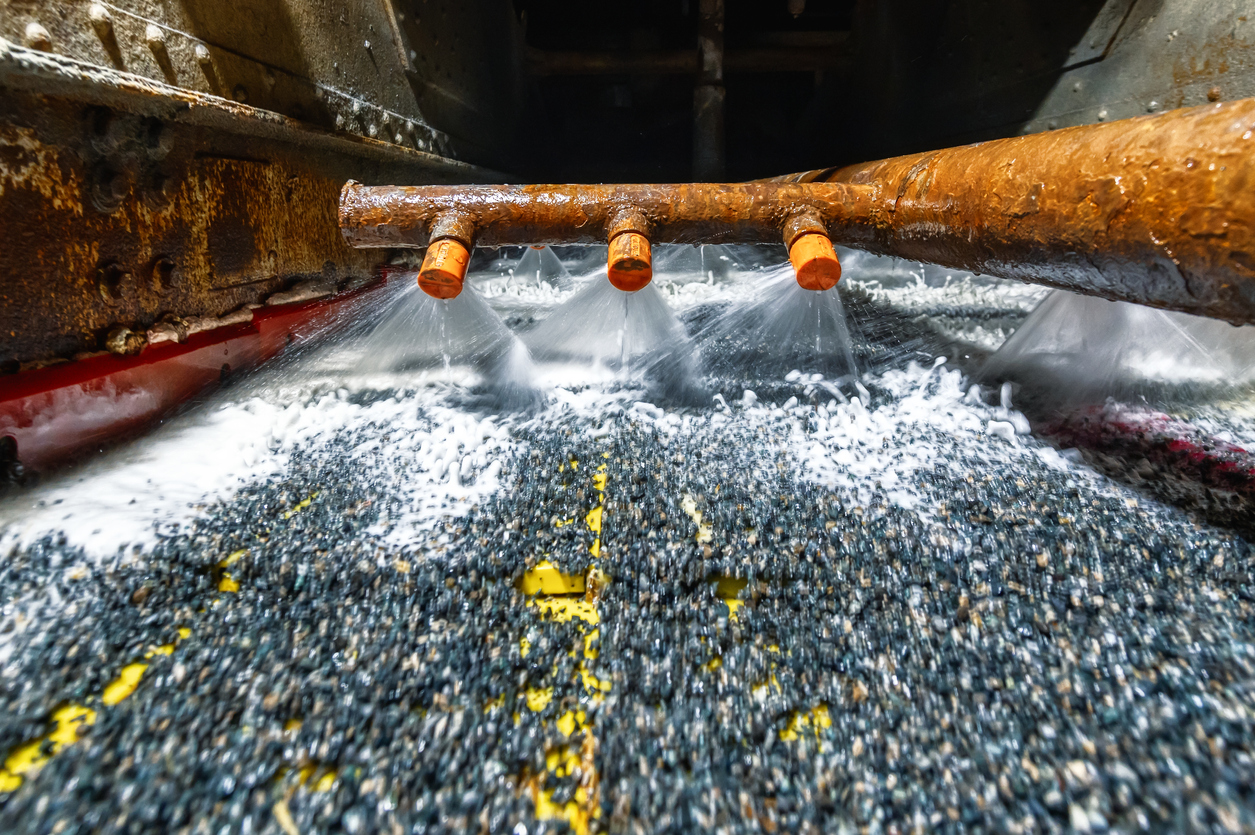
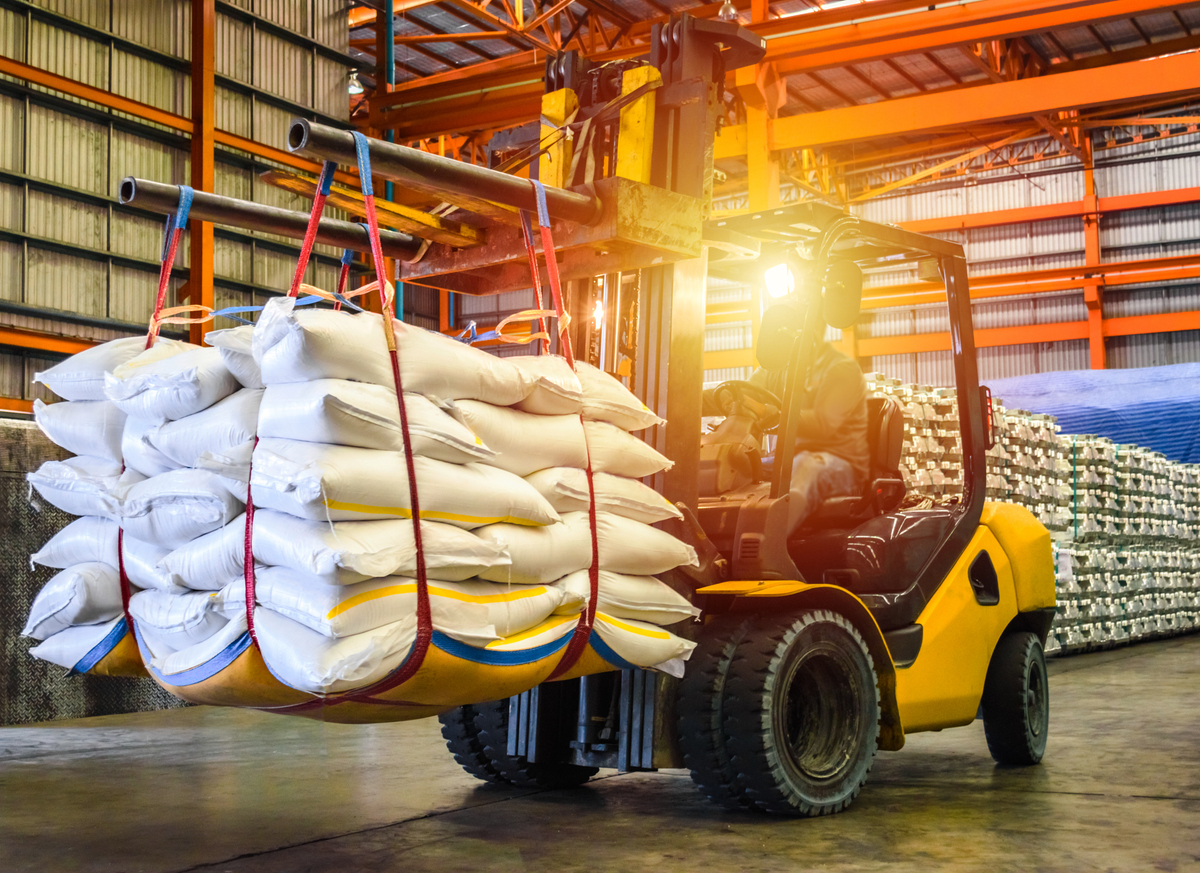
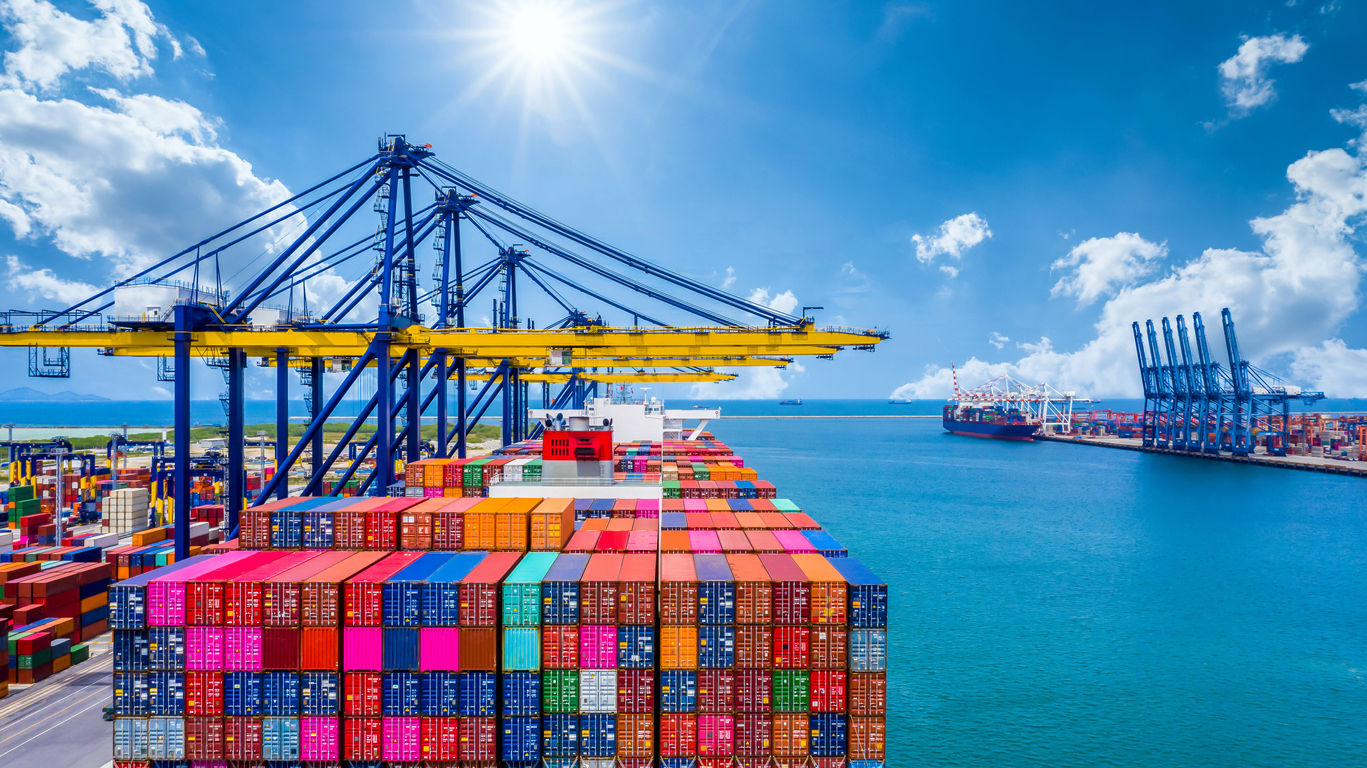
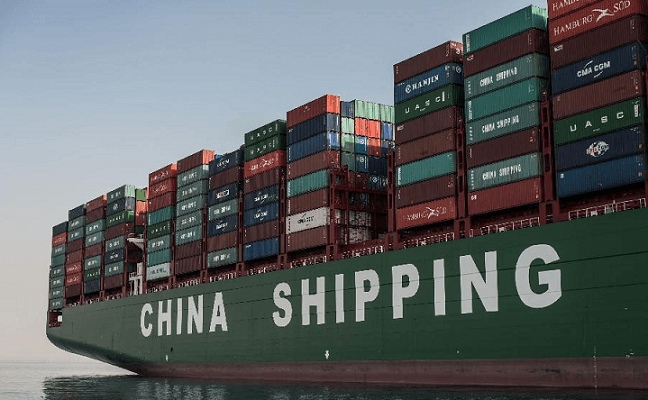

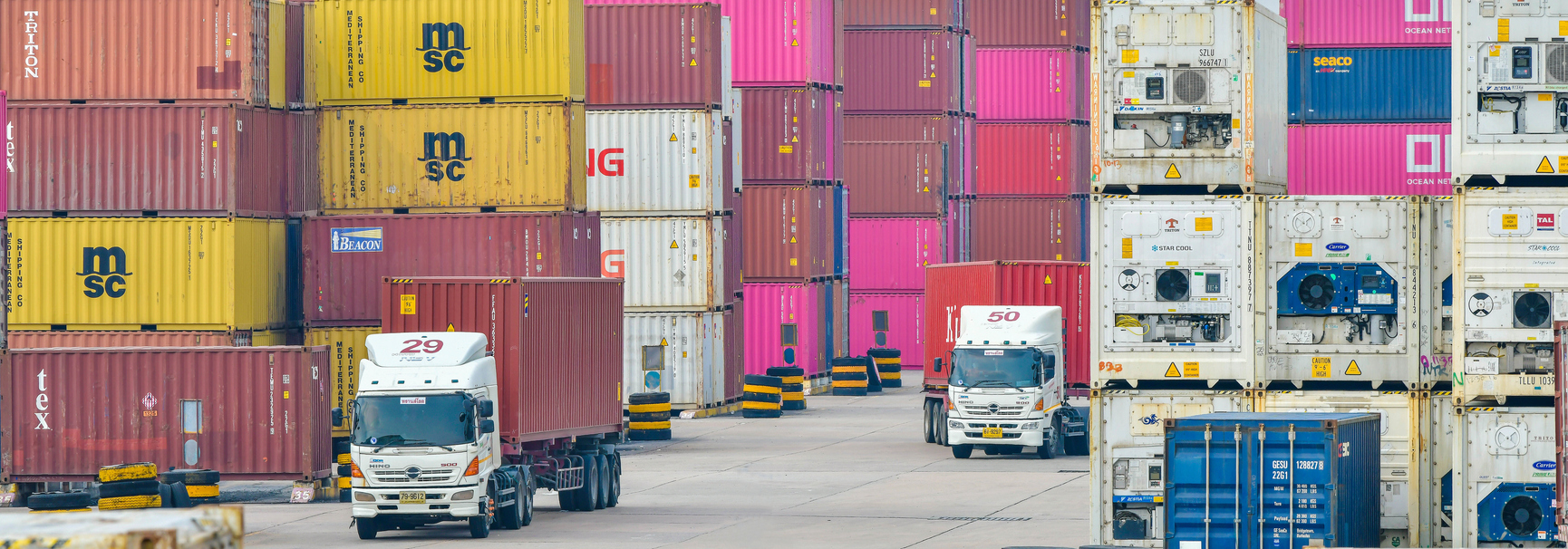
LEAVE A COMMENT
You must be logged in to post a comment.